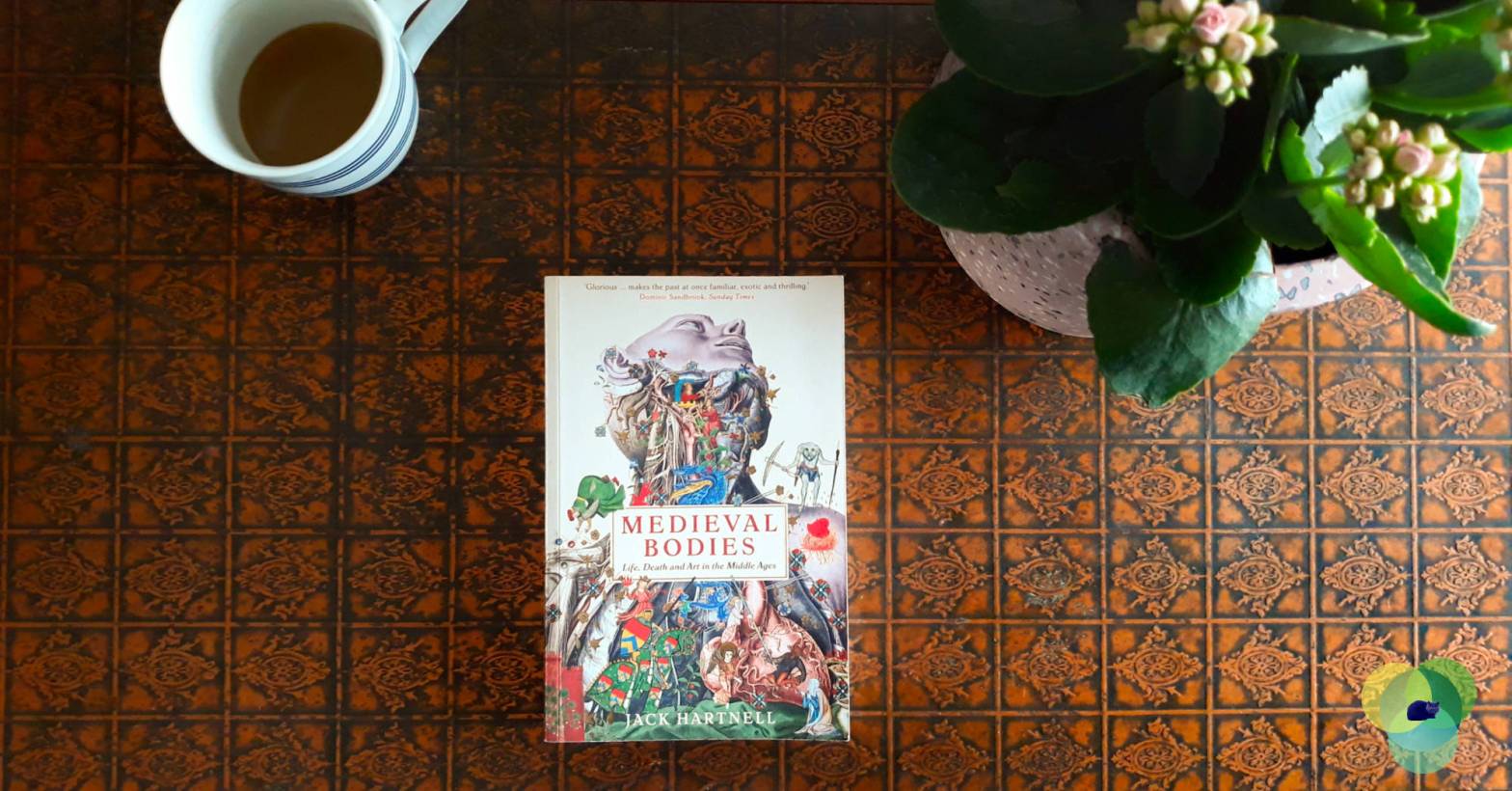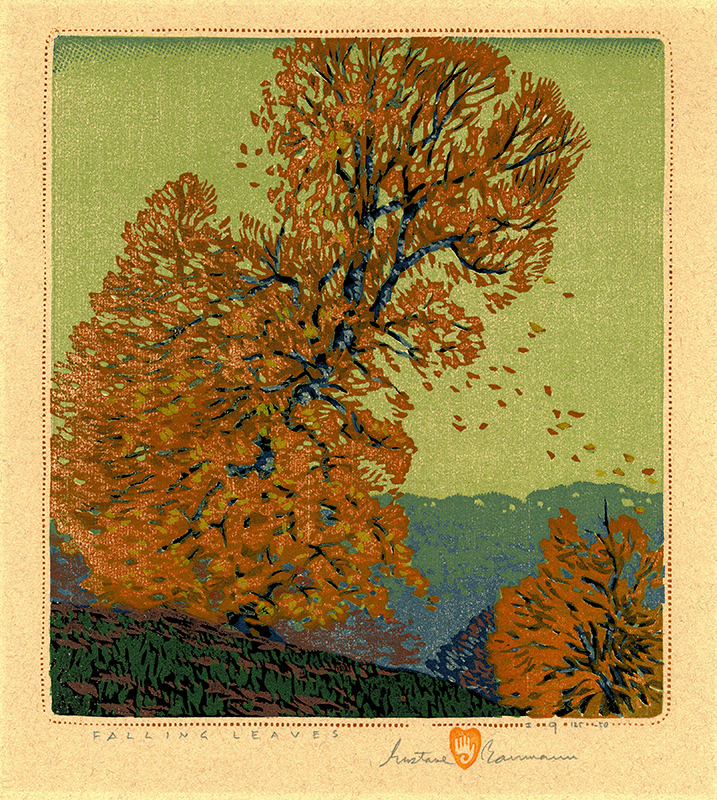*No spoilers A book about experimental archaeology and family violence that’s brimming with glorious dread and that closes in around you like a vice. The novel’s short 160 pages are absolutely electrifying and seem far bigger. Best enjoyed during the witching hours of 11pm and 3 am. Ghost Wall opens with an ancient hair-raising scene,Continue reading “Book Review: Ghost Wall by Sarah Moss”
Tag Archives: ancient history
Book Review: Medieval Bodies Life and Death in the Middle Ages by Jake Hartnell
Art Historian Jake Hartnell takes us on a macabre and enthralling journey from head to toe in the medieval human body. This is fascinating because, even though we share the same bodies as our medieval ancestors, we had wildly diverging beliefs about the inherent symbolic power of parts of our bodies and what could heal, harm or kill us.
10 Interesting Things I Found on the Internet #121
Learn about a mysterious #Egyptian goddess, the worst names in history of give to a child, comforting Lo-Fi music, baroque church pulpits in the same of dragons and much more, it’s edition #121 of interesting things.
Book Review: The Dawn of Everything: A New History of Humanity by David Graeber and David Wengrow
The Dawn of Everything: A New History of Humanity” by David Graeber and David Wengrow offers an awe-inspiring, surprising and dizzyingly beautiful rethink of human history. It is an mellow ode to ancient human experimentation, creativity, fun and how before there were rules and hierarchy – people just had of a hell of a great time!
Exploring the Spiritual Wisdom of Japanese Wildlife: A Journey Through Shinto and Zen Buddhism
The fauna of Japan, rich in diversity, is intricately woven into the tapestry of Shinto and Zen Buddhist traditions. Each animal is not just a part of the ecosystem but a bearer of profound spiritual messages and teachings. This article delves deeply into the shamanic symbolism of eight Japanese animals, revealing their roles in folklore,Continue reading “Exploring the Spiritual Wisdom of Japanese Wildlife: A Journey Through Shinto and Zen Buddhism”
Book Review: The Porpoise by Mark Haddon
This is my historical fiction pick of the year. The Porpoise is an exhilarating. There are lightning quick gear changes from one time period to another and one mood to another. Yet the cohesive whole of the novel never felt confusing, forced or contrived
Book Review: The History of Magic by Chris Gosden
Chris Gosden’s engaging and vividly colourful storytelling style brings to life the history of all things occult, pagan and witchy from ancient cave art to modern day witchcraft in a way that is deeply engrossing and enjoyable. #witchcraft #mysticism #spirituality #pagan #paganism #history #archaeology #books #bookreview
Ancient Word of the Day: Lacuna
Ancient Word of the Day: Lacuna “lacuna”- in a manuscript denotes a ‘little lake’ or #hiatus, blank, a missing portion (OED n.1) This word is borrowed from Latin in the 17th Century. Have you ever taken a #pause from your #life or #career? what was this like? A break always gives a clear perspective in my opinion! #language #words #history
Ancient Word of the Day: Kairos
When you walk with ‘Kairos’ you learn how to tip yourself out of chronological time and are able to decommodify your footsteps to walk in sacred time and to the rhythm of your creative mind.
Ancient word of the day: vernation
Today’s ancient word of the day is vernation. This is the genesis of new leaves sprouting during springtime. This is the arrangement of the buds as they erupt forth into the world.










